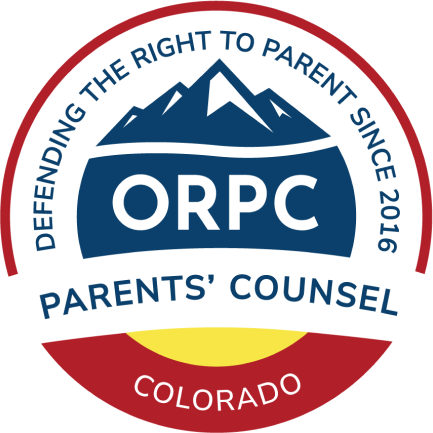Adams County judge wrongly canceled child neglect jury trial after mom failed to appear, appeals court finds
By Michael Karlik / Colorado Politics
Read article on Colorado Politics
Colorado’s second-highest court ruled last week that an Adams County judge who wound up deciding a child neglect case had no authority to cancel the planned jury trial solely because the mother failed to appear at a pretrial conference.
A three-judge panel for the Court of Appeals also warned that to the extent judges across the state are revoking trials by jury in child welfare cases under similar circumstances, they need to stop.
“In reaching our conclusion, we are aware that requiring the personal appearance of respondent parents at a pretrial conference to preserve their right to a jury trial may be the practice of some juvenile courts,” wrote former Supreme Court Justice Alex J. Martinez, who sat on the panel at the chief justice’s assignment.
“Nonetheless, there is no legal basis for converting a jury trial to a court trial when a respondent parent does not attend a pretrial conference,” he continued in the Sept. 14 opinion.
The Office of Respondent Parents’ Counsel, which represents indigent parents in child neglect proceedings, applauded the decision for rebuffing judges’ practice of converting jury trials into bench trials — even when a parent’s lawyer is present for pretrial proceedings and the parent has not rescinded their request for a jury trial.
“Whether such a conversion was intended to preserve judicial resources or as punishment to the parent, it is clear such a practice is no longer a viable option to the juvenile courts,” said Zaven “Z” Saroyan, the office’s appellate director.
In the underlying case, Adams County initiated child neglect proceedings against a mother of two children. Although there is no automatic right to a jury trial, Colorado law permits parents to request one. The mother did so.
During the final pretrial conference, the mother did not appear. Her attorney said the woman had contracted COVID-19 recently.
Then-District Court Judge Katherine R. Delgado, who previously warned the mother she needed to appear in person, then prompted the county to ask for the jury trial to be converted to a bench trial. The mother’s attorney objected, arguing such a conversion could not be used to punish a non-appearing parent.
Delgado responded that the mother had outstanding arrest warrants and consequently she did not trust the mother would show up for a trial. Delgado would not “bring in a jury under these circumstances,” she said.
The trial took place before Delgado, who found the children to be neglected. The mother did not appear for the bench trial.
The Court of Appeals panel concluded there was no law, judicial rule or prior court decision that permitted Delgado to rescind the mother’s choice of a jury trial during the pretrial conference. A failure to appear for a jury trial itself is grounds to convert the proceedings to a bench trial, but Delgado’s actions meant a jury trial never took place.
Instead, Martinez wrote, Delgado had cast aside the claims that the mother could not appear at the pretrial conference due to COVID-19.
“The juvenile court refused to accept counsel’s reasons and speculated that mother’s failure to appear had more to do with her outstanding warrants, calling mother’s purported symptoms ‘a ruse,'” he explained.
Although the appellate panel understood Delgado’s hesitance to summon jurors for a trial when it appeared likely the mother would not show up, Delgado’s solution was not authorized by law.
“To the extent this practice, or some substitute, is desirable, a change in statute or rule would be necessary,” Martinez concluded.
Joel M. Pratt, the attorney who represented the mother on appeal, said the panel had simply looked to the literal meaning of the law to reach its decision.
“The General Assembly has provided parents in the child welfare system access to a jury, and the trial courts are appropriately limited in what conditions and restraints they can place on that right,” he said.
The case is People in the Interest of J.R.M.


